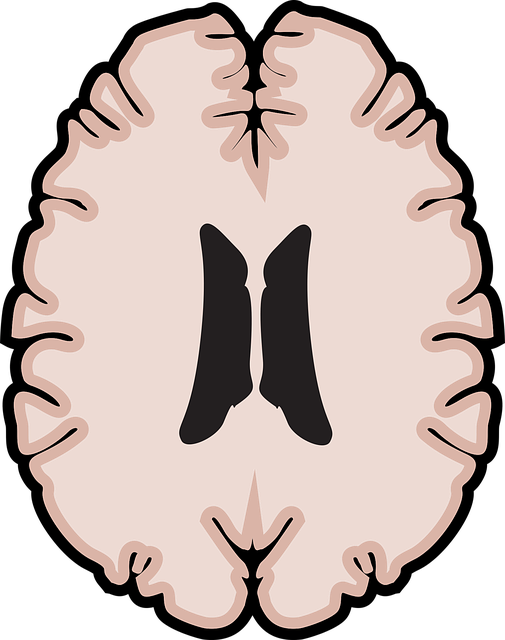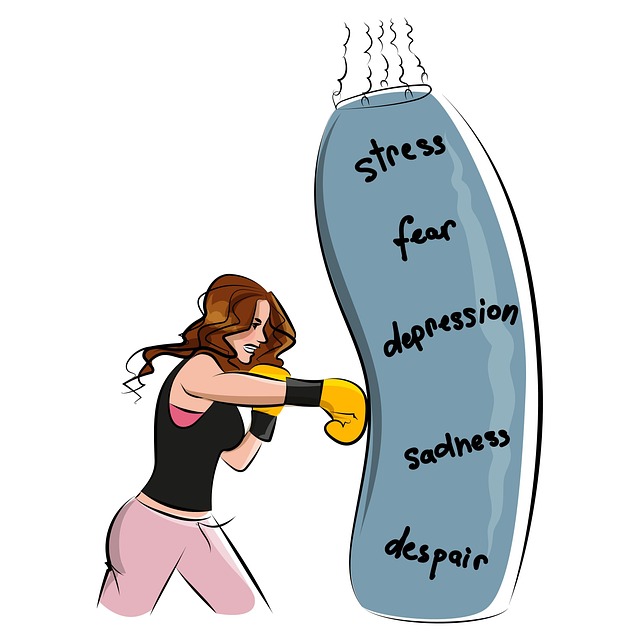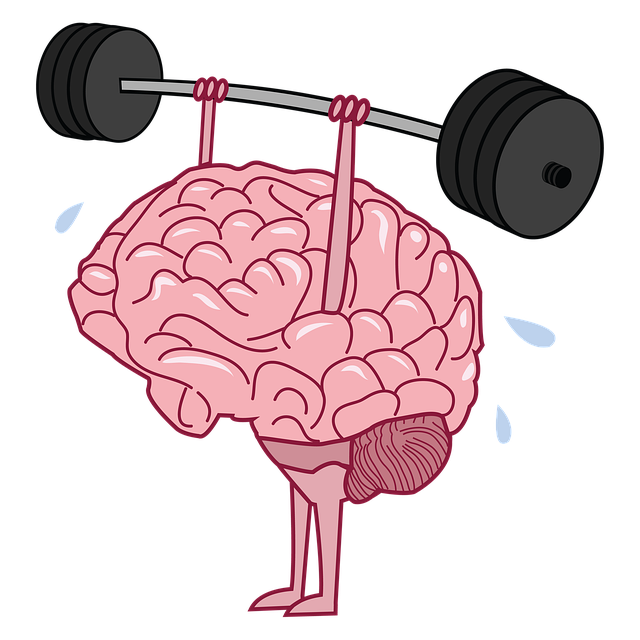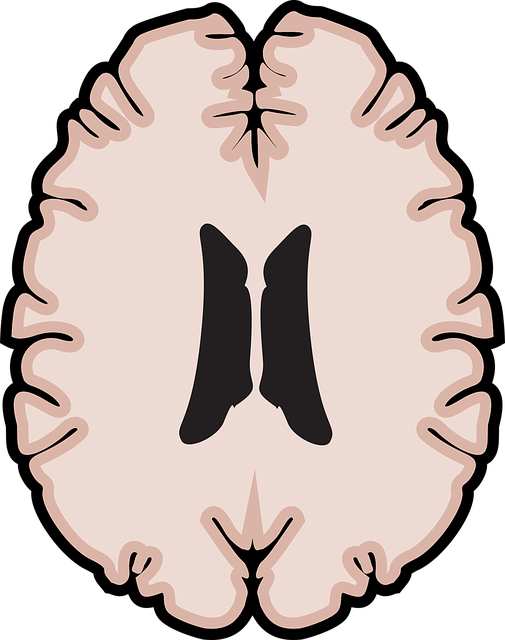Social Skills Training at Centennial Chronic Illness Therapy is a transformative program empowering individuals with chronic conditions to manage their mental health effectively. By addressing the connection between social skills and mental well-being, the therapy reduces isolation, anxiety, and symptoms of conditions like anxiety, depression, and PTSD. Through strategies including mindfulness meditation, self-care practices, and crisis intervention training, patients build resilience, communication skills, and inner strength, leading to improved emotional regulation and adherence to treatment plans. Starting with local support groups, positive thinking, and active listening, individuals create supportive networks crucial for effective mental health management.
Social skills training is a powerful tool in managing mental health conditions, offering a holistic approach to well-being. This article explores the profound connection between social interactions and mental health, with a focus on how therapy can enhance social abilities. We delve into the specific benefits for individuals with chronic illnesses, providing practical strategies to foster and maintain meaningful connections. Discover how Centennial Chronic Illness Therapy utilizes these techniques to revolutionize support networks and improve overall mental resilience.
- Understanding the Connection Between Social Skills and Mental Health
- The Role of Social Skills Training in Chronic Illness Management
- Practical Strategies for Developing and Maintaining Social Connections
Understanding the Connection Between Social Skills and Mental Health

Social skills training is a critical component in managing and improving mental health, especially for individuals living with chronic illnesses. At Centennial Chronic Illness Therapy, we recognize that effective communication and social interaction play a significant role in overall well-being. The connection between social skills and mental health is deeply intertwined; lacking social support or struggling to engage socially can exacerbate existing conditions like anxiety, depression, or PTSD.
Developing strong social connections and honing interpersonal skills can act as powerful tools in coping with mental health challenges. Mindfulness meditation, for instance, not only improves emotional regulation but also fosters better communication and empathy when practiced within social contexts. Additionally, burnout prevention strategies for healthcare providers often emphasize the importance of self-care and maintaining healthy relationships to avoid emotional exhaustion and preserve their well-being and ability to support others. Coping skills development is another key area where social engagement plays a vital role; learning to navigate social situations effectively can empower individuals to build resilience and better manage stress, ultimately enhancing their mental health outcomes.
The Role of Social Skills Training in Chronic Illness Management

Social Skills Training plays a pivotal role in managing chronic illnesses, offering a powerful tool for individuals navigating their health conditions on a long-term basis. At Centennial Chronic Illness Therapy, we understand that chronic illness can significantly impact an individual’s social life and mental well-being. Therefore, our therapy programs incorporate comprehensive social skills training to empower patients with the necessary tools to engage and interact effectively in various social settings.
This approach is particularly beneficial in fostering a sense of community and support, which is crucial for maintaining motivation and adherence to treatment plans. By learning and practicing essential social interaction skills, individuals can build resilience, enhance their coping strategies, and reduce feelings of isolation often associated with chronic illnesses. Moreover, such training provides crisis intervention guidance, helping patients manage anxiety relief and navigate challenging situations with newfound inner strength development.
Practical Strategies for Developing and Maintaining Social Connections

Developing and maintaining social connections is a vital component of managing mental health conditions, such as those often treated at Centennial Chronic Illness Therapy. Practical strategies can help individuals with limited social interactions or those struggling to maintain relationships due to their condition. One effective approach is to start small by engaging in simple activities like joining local support groups where shared experiences create an immediate sense of belonging and understanding.
Additionally, adopting positive thinking techniques and stress management strategies can foster healthier social dynamics. Encouraging open communication through active listening and empathy building strategies enables deeper connections with others. By learning to navigate social situations with confidence, individuals can enhance their overall well-being and create a supportive network that is essential for managing mental health conditions effectively.
Social skills training plays a pivotal role in managing mental health conditions, especially in the context of chronic illness. By fostering effective communication and interpersonal connections, individuals can enhance their overall well-being. As discussed, practical strategies and tailored therapy, like that offered at Centennial Chronic Illness Therapy, can empower people to navigate social challenges, build resilient support networks, and lead more fulfilling lives. Investing in social skills development is a powerful step towards improving mental health outcomes and promoting a sense of belonging.














